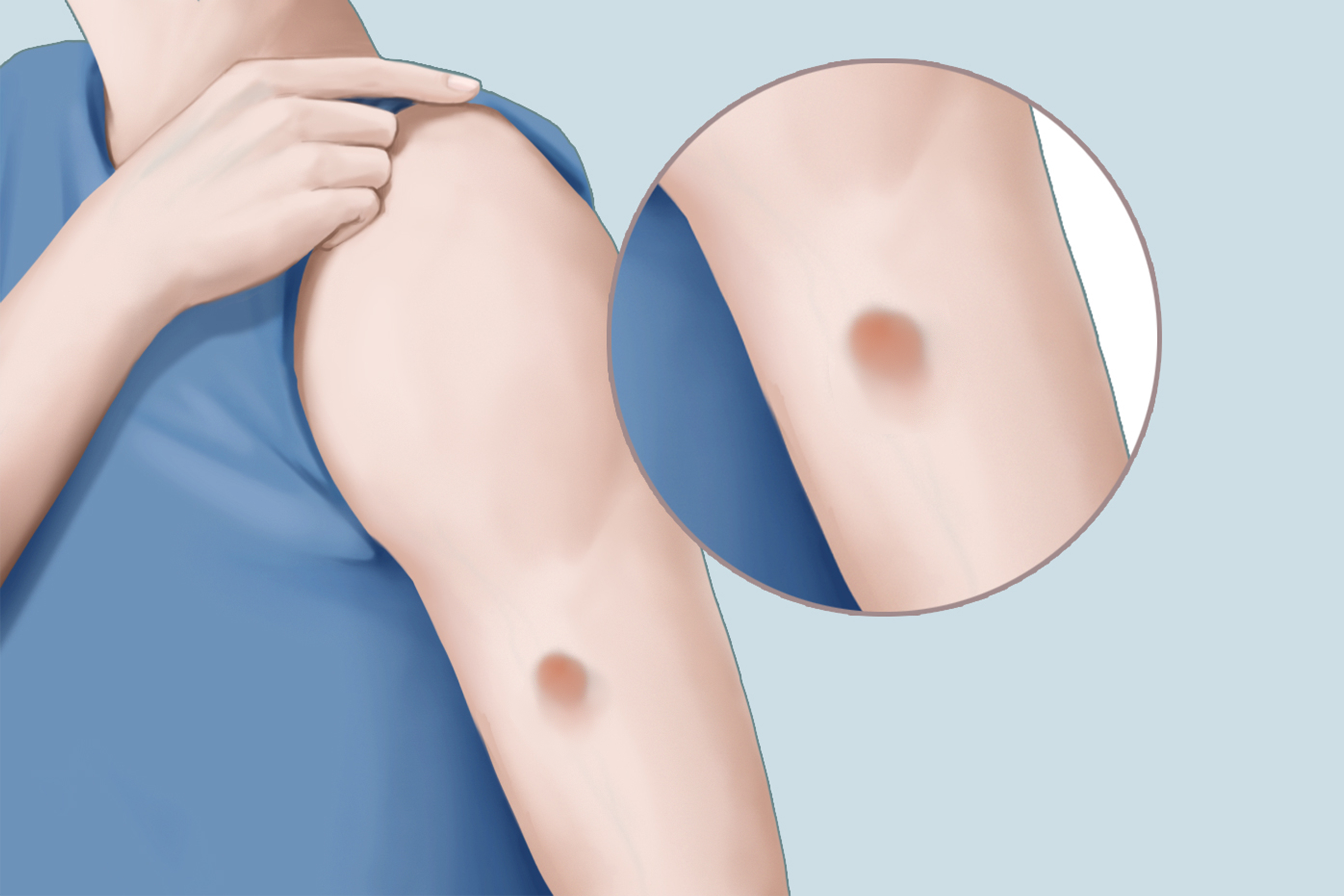How to repair depressed scars
Depressed scars may be caused by genetic factors, complications from chickenpox, poor wound healing, acne, surgical incision healing, and other conditions. Improvements can be made according to the specific situation. It is recommended to visit a hospital promptly and receive treatment under a doctor's guidance.

1. Genetic factors: An individual's genetic background may influence the skin's healing response to injuries, making certain individuals more prone to developing depressed scars. Usually, there are no specific accompanying symptoms, but the scars may exhibit familial clustering. The repair methods for depressed scars caused by genetic factors are similar to those for general scars, although they may require longer treatment periods and more refined surgical techniques.
2. Complications from chickenpox: Skin damage caused by scratching during childhood chickenpox infections may also lead to depressed scars. It is recommended to use skincare products containing ingredients such as vitamin E and lavender essential oil to help reduce scar pigmentation and diminish depression.
3. Poor wound healing: Depressed scars can also form during the healing process of deep cuts, burns, or other injuries if healing is suboptimal. For newly formed scars, silicone gel sheets or scar fading creams may be used to improve scar texture.
4. Acne: Acne may be associated with infection. Inflammatory acne damages the skin's collagen fibers, and after the inflammation subsides, the affected areas cannot fully return to their original smooth state, resulting in depressed scars. It is recommended to follow medical advice and use treatments such as microneedling, laser therapy, or chemical peels to promote collagen regeneration and improve the appearance of depressed scars.
5. Surgical incision healing: Poor healing of post-surgical incisions, especially in areas under significant tension, can easily lead to depressed scars. It is recommended to use medications such as recombinant human basic fibroblast growth factor gel, strophanthidin cream, or polysulfated glycosaminoglycan cream as directed by a physician. These medications can inhibit scar proliferation, soften scar tissue, and thus improve depressed scars.
All treatment methods should be performed under a doctor's supervision, with treatment plans tailored to individual circumstances. Additionally, maintaining healthy lifestyle and dietary habits can aid in scar repair and promote overall skin health.







